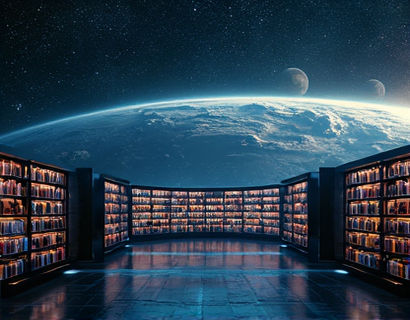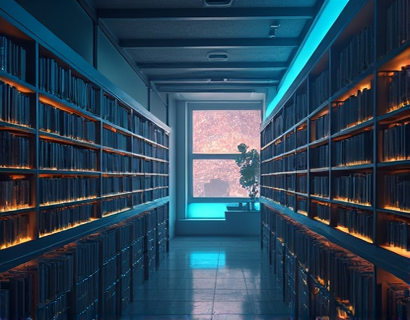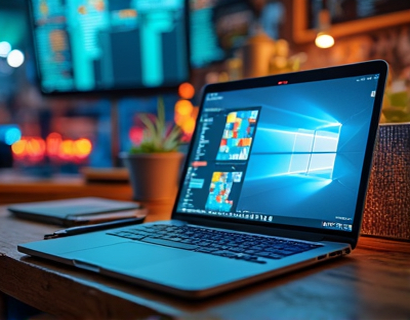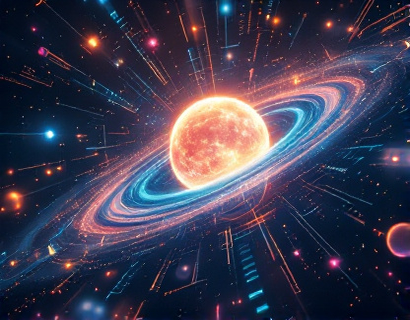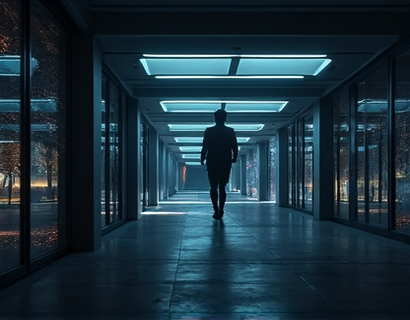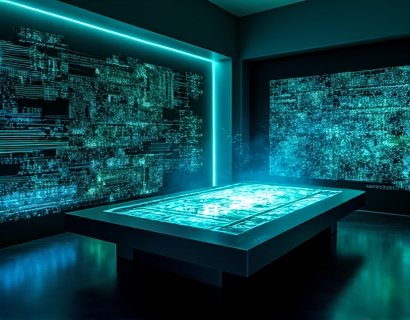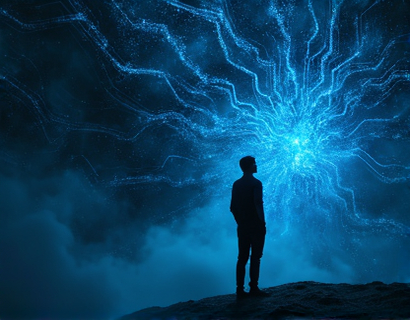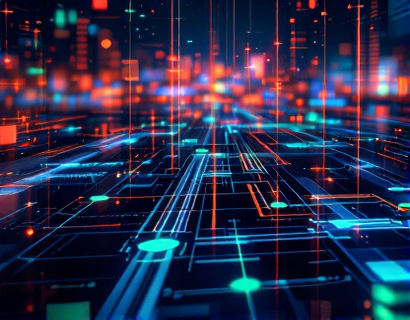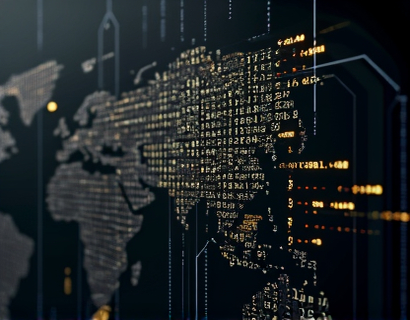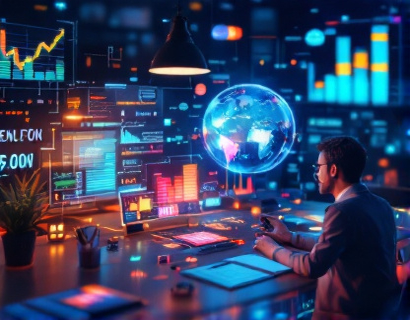Unlocking Egypt's Ancient Secrets: AI-Powered Insights and Authentic Artifact Shopping Experience
The land of the pharaohs, ancient Egypt, continues to captivate the imagination of people around the globe. Its rich history, profound culture, and mysterious artifacts have been the subject of endless fascination. In recent years, the integration of advanced technologies, particularly artificial intelligence, has opened new avenues for understanding and appreciating this ancient civilization. This article delves into how AI-powered insights are unlocking the secrets of Egypt and offers a glimpse into an authentic artifact shopping experience.
AI-Powered Insights into Egyptian History
The application of artificial intelligence in the field of Egyptology has revolutionized the way researchers and enthusiasts study and interpret ancient Egyptian artifacts and texts. AI algorithms, equipped with machine learning capabilities, can analyze vast amounts of data with precision and speed unattainable by human researchers alone. These technologies are particularly useful in deciphering hieroglyphs, one of the most significant challenges in Egyptology.
Hieroglyphs, the complex writing system used by the ancient Egyptians, have long been a barrier to fully understanding their texts and inscriptions. AI-powered tools can recognize and translate hieroglyphs with remarkable accuracy, even in fragmented or damaged texts. This capability not only accelerates research but also makes ancient texts more accessible to a broader audience. For instance, AI can help in reconstructing damaged inscriptions or even predicting missing parts based on patterns found in similar texts.
Beyond hieroglyphs, AI is instrumental in analyzing archaeological data. Drones equipped with AI can survey vast areas of archaeological sites, identifying structures and artifacts that might be invisible to the naked eye. Machine learning algorithms can process this data to create detailed 3D models of sites, aiding in the planning of excavations and the preservation of sites. This technology also helps in monitoring sites for signs of damage or looting, ensuring the protection of these invaluable historical treasures.
Exploring Egypt's Cultural Heritage
The cultural heritage of Egypt is vast and multifaceted, encompassing everything from monumental architecture to intricate art and daily life practices. AI-powered platforms can provide immersive experiences that bring this heritage to life. Virtual reality (VR) and augmented reality (AR) technologies, enhanced by AI, allow users to explore ancient temples, tombs, and cities as they once were. These experiences are not just visually stunning but also educational, offering insights into the daily lives, beliefs, and achievements of the ancient Egyptians.
For example, AI can recreate the bustling streets of ancient Thebes or the serene halls of the Temple of Karnak, complete with accurate depictions of artifacts, clothing, and even sounds. Users can interact with these environments, gaining a deeper understanding of the cultural context and historical significance of each element. This immersive approach makes history more engaging and accessible, especially for those who cannot physically visit Egypt.
Authentic Artifact Shopping Experience
For collectors and enthusiasts, owning a piece of Egypt's ancient legacy is a dream. However, the market for ancient artifacts is fraught with challenges, including the authenticity of items and the ethical considerations of purchasing artifacts with uncertain provenance. An AI-powered platform can address these issues by providing a curated and authenticated collection of Egyptian artifacts.
This platform utilizes AI to authenticate artifacts through a rigorous verification process. High-resolution images and detailed descriptions are analyzed using machine learning algorithms that compare them to known authentic artifacts and databases of common forgeries. This ensures that only genuine items are presented to buyers. Additionally, the platform maintains detailed records of each artifact's history, including its discovery site, excavation details, and any relevant historical context, providing transparency and assurance to buyers.
The shopping experience on this platform is designed to be both educational and enjoyable. Each artifact is accompanied by comprehensive information, including its historical significance, the period it belongs to, and its cultural importance. Users can filter search results based on various criteria such as artifact type, period, material, and even the specific region where it was discovered. This level of detail helps enthusiasts make informed decisions and deepens their appreciation of the artifacts.
Curated Collections
To cater to different tastes and budgets, the platform offers curated collections that highlight specific aspects of ancient Egyptian culture. For instance, one collection might focus on funerary artifacts, showcasing items from tombs such as sarcophagi, mummy masks, and canopic jars. Another collection could feature everyday objects like pottery, jewelry, and tools, providing a glimpse into the daily lives of ancient Egyptians.
These collections are not just random assortments; they are carefully selected to tell a cohesive story. Each collection comes with a narrative that guides the user through the artifacts, explaining their significance and how they fit into the broader context of Egyptian history. This approach not only enhances the shopping experience but also educates users about the rich tapestry of ancient Egyptian life.
Supporting Cultural Preservation
The integration of AI in the study and appreciation of ancient Egypt extends beyond individual artifacts to support broader cultural preservation efforts. By providing accurate and accessible information, AI platforms can help raise awareness about the importance of preserving Egypt's cultural heritage. This is particularly crucial in the face of threats such as looting, climate change, and urban development.
The platform can collaborate with museums, archaeological institutions, and local communities to promote conservation projects and educational initiatives. AI can assist in documenting and digitizing artifacts, ensuring that even if physical items are lost, their digital counterparts remain available for future generations. This digital preservation is a vital step in safeguarding Egypt's cultural legacy.
Conclusion
The combination of AI-powered insights and an authentic artifact shopping experience offers a unique and enriching way to engage with ancient Egypt. For cultural enthusiasts and history buffs, this approach provides a deeper understanding of Egypt's rich heritage and the opportunity to own a piece of its timeless legacy. As technology continues to advance, the potential for uncovering new secrets and enhancing our appreciation of this ancient civilization is boundless.





